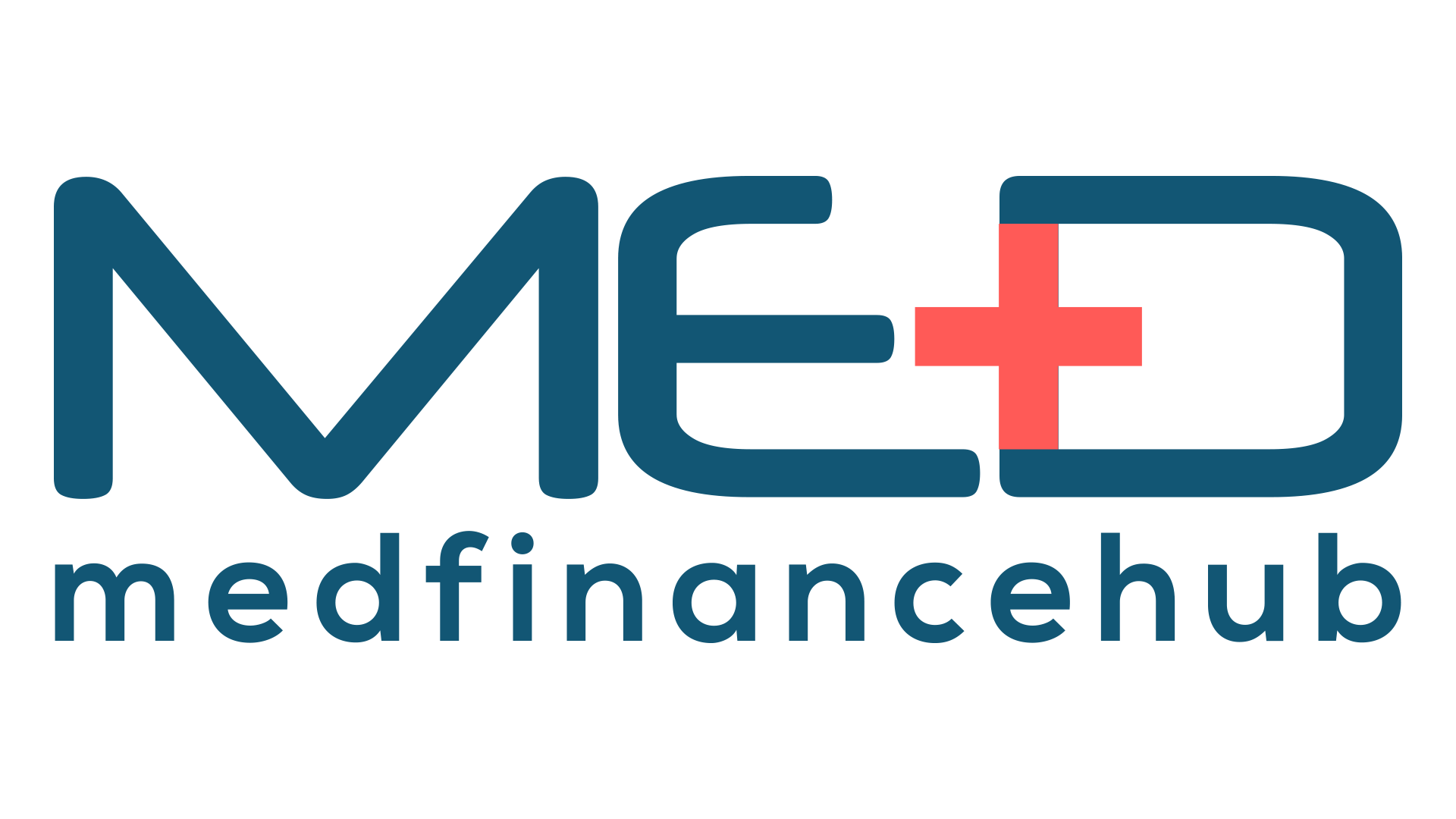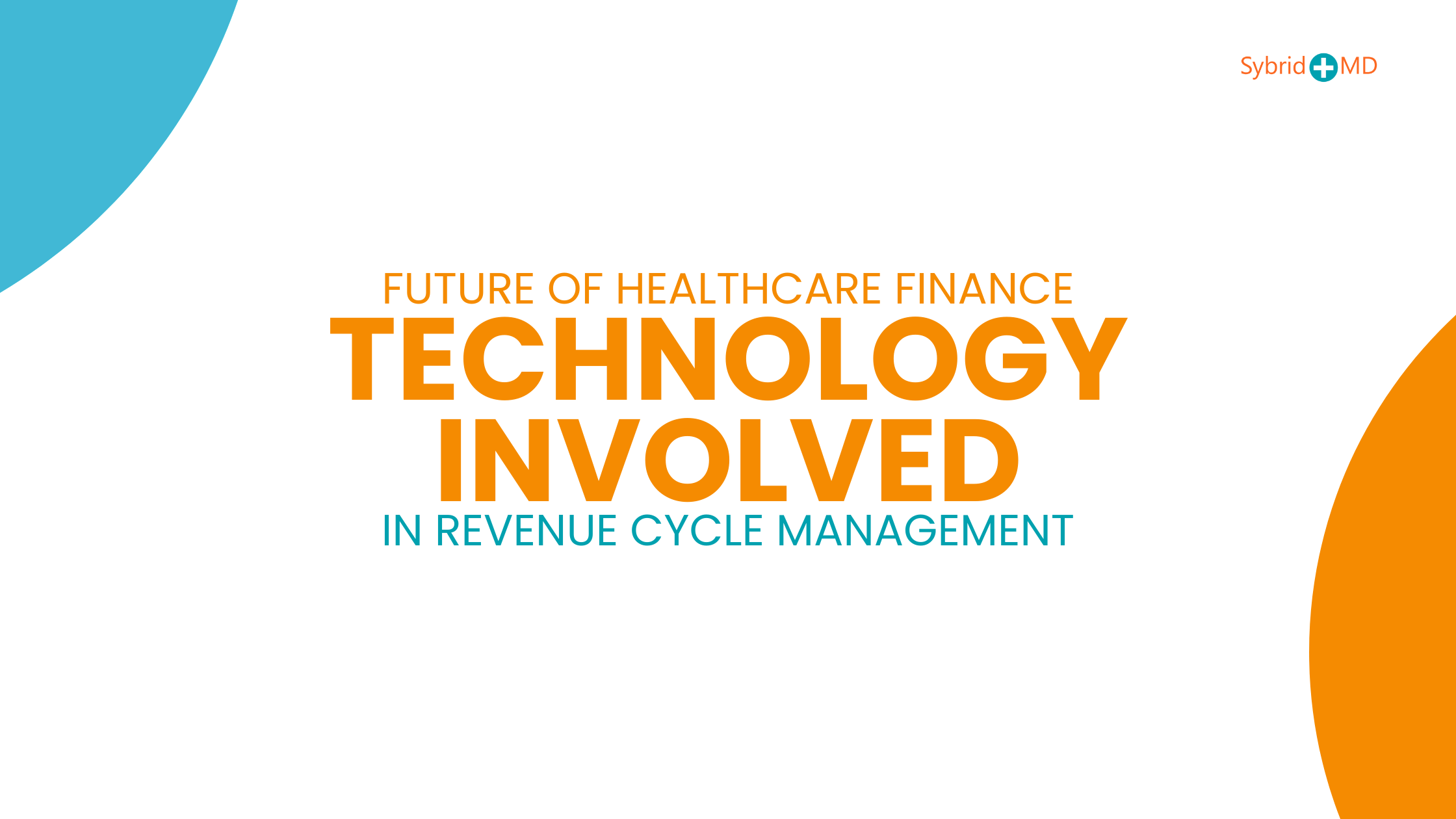The complicated healthcare system has efficient RCM or Revenue Cycle Management at its core of financial strength. Healthcare providers are finding it difficult to manage different billing systems and changing rules from payers. As a result, using advanced tools in revenue cycle management (RCM) has become very important. Solutions like RCM software or RPA, the development of AI, and predictive analytics technologies have revolutionized the field of healthcare management of the revenue cycle. This article discusses the changes in the RCM industry and the technologies that will shape its future, along with the reasons these shifts are important.
What is Revenue Cycle Management (RCM)?
RCM is the financial management methodology embraced by healthcare organizations as a way of organizing and measuring patient care, from appointment scheduling to payment. It can include non-clinical and clinical activities such as patient scheduling, insurance validation, coding of medical bills, submission of bills to insurance companies, and bill collection. Effective and timely RCM results in increased reimbursements, decreased possibility of errors, and better cash flow.
This article has discussed various ways in which technology has transformed RCM, including automation of processes, increased accuracy, and actionable information. In these sections, detailed descriptions are available, and also the key technologies that are revolutionizing revenue cycle management are highlighted.
RCM Software and Tools
Modern RCM derives from strong software and tools which help to optimize the financial processes. The benefits of such tools include functions including charge capture, claim scrubbing, and denial management and reporting.
- End-to-end RCM Platforms: Integrated solutions address all clinical and financial processes, not generating extensive paperwork and waiting. It allows an easy flow of communication between different departments in order to enhance the consistency of data used.
- Cloud-Based Systems: Cloud technology brings the aspect of scalability and availability. Cloud-based RCM offers healthcare providers the capability to work away from the facility while retaining business continuity in disruptive situations.
- EHR Integration: EHR with RCM systems allows the controller to share the same clinical and financial data set, minimizing inconsistency in reports and thereby enhancing patient satisfaction levels.
Besides making work simpler, such tools give healthcare organizations an advantage in managing their revenues.
The Role of AI in Medical Billing
Medical billing, a key segment of the healthcare industry, is being revolutionized by AI through increased efficiency, accuracy, and elements of predictability. Here’s how AI is shaping RCM:
- Predictive Analytics: Machine learning applications in prior billing information are used to identify future claim denials and payment hold times. This characteristic makes it possible for providers to solve problems that may come up in the future.
- Automated Coding: (Natural Language Processing) NLP tools read the clinical notes of the patient and accurately bill for related services to control errors and noncompliance.
- Fraud Detection: AI systems alert flags or unusual billing patterns that companies and providers should avoid, reducing their losses.
AI built-in most activities in healthcare organizations can free up the time of healthcare staff by performing time-consuming processes to improve operations productivity and, ultimately, financials.
Want to know about AI in Medical Billing? So, read this blog!
RPA in Healthcare Billing
RCM also has another technological splendor known as the Robotic Process Automation (RPA). RPA makes use of software application robots that can efficiently complete onerous, mundane, routine, and predefined processes.
RPA Functionality |
Impact on RCM |
|
Insurance Eligibility Verification |
Helps speed up the certification process, thus making it accurate. |
|
Claims Submission |
Reduces man-made errors since the submissions are automated. |
|
Payment Posting |
It gives real-time updates on accounts so that collections are easier to accomplish. |
| Denial Management |
Administration of denied claims is done properly. |
Compared to manual intervention, RPA improves quality, decreases time, and lowers expenses.
Digital Tools for Billing Processes
The effective use of efficient tools has been realized in billing enhancing the speed and precision of the transactions. With these tools, healthcare providers are able to reduce the complexity of their operations while providing patients with enough information.
- Online Payment Portals: These enable patient to view and pay bills online which makes the payment section friendly to the patients.
- Real-Time Dashboards: Accounts receivable, payment timelines, and denial rates are some of the KPIs that dashboards make healthcare administrators aware of within the healthcare setting.
- Automated Billing Systems: Such systems minimize complexities by breaking down most administrative work into processes that can be handled within the systems themselves, such as invoice generation, claims tracking, and follow-ups.
The use of governance digital tools in LHC can help improve the overall satisfaction level of the patients and help get better collection rates from them.
Technology for Revenue Cycle Optimization
Concerning the field of RCM, one important aspect of the current and future technology trends in RCM is Here are some trends shaping the future:
- Interoperability (Interoperability in healthcare ecosystems): ‘This scenario means that working alongside a network of other healthcare-related applications, information flow is integrated across the platforms as the ecosystems expand.’ This has the effect of decreasing time wastage and improving interdisciplinary cooperation.
- Blockchain Technology: The technological infrastructure of blockchain facilitates ownership in the management of business transactions and data. In RCM, it keeps the claim genuine and also helps in curbing fraudulent claims.
- Predictive Analytics: Using information from a company’s past and statistical analysis, predictive analytics helps to find patterns and future revenue outlooks. From the information to be provided, providers can avoid areas of risk and also may pay more attention to the generation of cash.
- Patient Engagement Tools: The use of applications in smartphones and web-based interfaces promotes independence in appointment bookings, billing, and managing insurance details. In terms of enhancing revenue, most patients are effective when kept engaged, thus leading to timely payments.
Why Technology Matters in RCM
Technology is not just a gadget; it is a win-win solution set that assists healthcare providers in framing and managing their revenue cycle. By adopting advanced RCM technologies, organizations can:
- Enhance Efficiency: Automation saves time and effort that would have otherwise been used to undertake some routine but worthless activities.
- Improve Accuracy: The latest techniques help reduce mistakes in coding, billing, and claims, which will follow the legal requirements and increase the authorizations.
- Boost Financial Performance: They pointed at the core benefits of mastering business intelligence methodologies and tools, including predictive analytics and real-time reporting: these tools enable providers to make sound data-driven decisions that improve revenue.
- Deliver Better Patient Experiences: In Health services, patients are willing to stick with a certain provider or guarantor if they can easily understand billing and if there are many convenient ways by which they can pay their dues.
Conclusion
The use of advanced technology in Revenue Cycle Management is altering financial management in the healthcare industry. From Artificial Intelligence and Robotic Process Automation to computerized tools and blockchain, these features are helping providers to conduct complicated billing methods seamlessly and effectually. The leading adaptation to these technologies is important so that healthcare organizations can withstand the competition in modern society.
RCM’s proponents and healthcare providers, a large of this strategic vision might be attained through the smart use of technology to achieve not only financial sustainability but also operational efficiency and patient satisfaction. The question isn’t whether the technologies should be adopted but rather over what time span they can be assimilated in the user’s work process to be competitive on the playing field.
FAQs
How is Revenue Cycle Management (RCM) defined?
Revenue Cycle Management is the set of actions by which healthcare providers manage a patient episode from appointment through payment. This consists of registration, insurance authorization, coding, billing, and collection.
How does AI enhance the practice of medical billing?
AI application in billing includes predictive analysis, encoder, and fraud detection in billing. These capabilities enhance productivity, minimize mistakes, and, in the process, maximize income.
What role does RPA play in RCM?
RCM is a strategic business practice for managing relationships with customers to increase their value while Robotic Process Automation (RPA) becomes strategically important to support RCM through automation of a certain range of tasks. RPA is used for tasks such as claims submission, payment posting, and denial management and makes them seamless and more efficient.
How do RCM tools benefit from the cloud?
One important advantage of cloud tools is scalability, the availability of data from any location, and continuity in case of disruptions that are common in the modern healthcare industry.
In what ways does the use of digital tools facilitate the billing process?
Elements such as payment gateways, dashboard solutions, and automated billing, among others, make existing processes more efficient and more patient-friendly.
What are some of the developments taking place now in relation to RCM technologies?
Interoperability and blockchain techniques are used for securing transactions, predictive analytics, and participatory tools such as mobile apps and web portals.
What makes technology so important in RCM?
Technology makes work easier, precise and increases financial gains through patient experience and through facilitating data-based decisions. Read this blog to know the importance of RCM.

